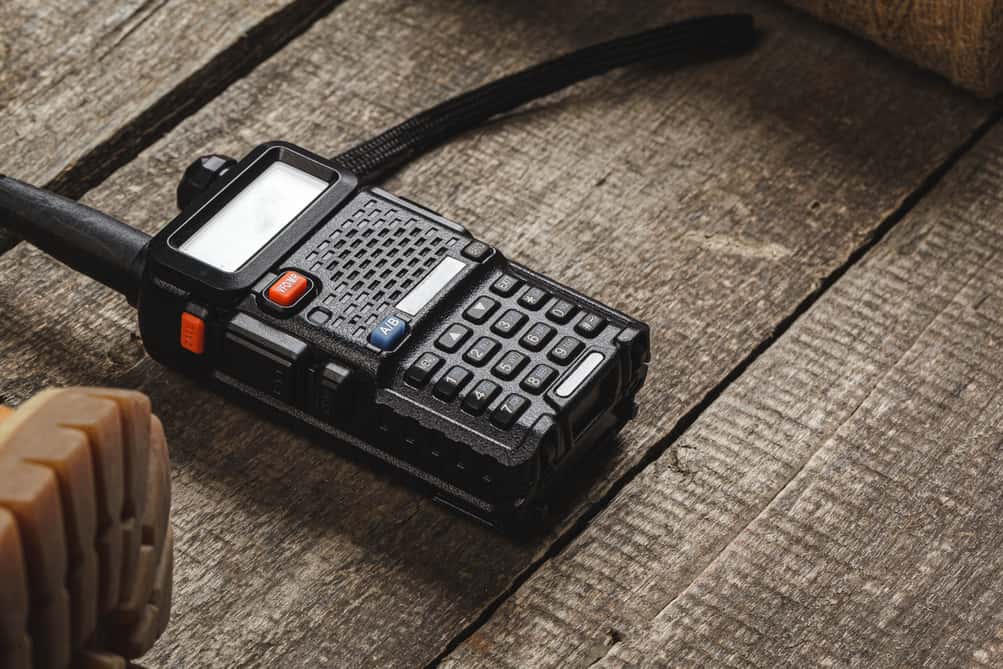When venturing into remote areas for dispersed camping, reliable communication becomes crucial for both safety and convenience. Understanding your options for staying connected while off the grid can make the difference between a peaceful adventure and a potentially dangerous situation.
Primary Communication Methods
Modern technology offers several reliable options for maintaining contact while camping in remote locations. Satellite communicators have become increasingly popular due to their reliability and global coverage. These devices operate independently of cellular networks, making them ideal for wilderness adventures. Two-way radios provide excellent short-range communication within your group, while cell phone boosters can extend the reach of existing cellular signals in semi-remote areas.
Satellite Communication Solutions
Satellite technology has revolutionized off-grid communication. Modern satellite devices offer various services ranging from basic text messaging to full voice and data capabilities. Starlink systems are emerging as game-changers for remote internet access, though they require more setup than traditional satellite phones.
Device Selection Considerations:
The choice between different satellite devices depends on your specific needs:
- Satellite phones offer voice calls and basic texting.
- GPS messengers provide location tracking and emergency alerts.
- Emergency locator beacons focus solely on distress signaling.
Mobile Data Enhancement
Cellular coverage might be available with the right equipment, even in remote areas. Cell phone boosters can significantly extend your phone’s range, often providing a usable signal in locations where phones normally show no bars. When planning your trip, research coverage maps from multiple carriers to maximize your chances of maintaining a connection.
Radio Communication Systems
Radio remains one of the most reliable forms of off-grid communication. FRS (Family Radio Service) and GMRS (General Mobile Radio Service) radios offer license-free operation for basic communication needs. For more serious users, ham radio provides extensive range and capabilities, though it requires proper licensing.
Emergency Communication Protocols
Every off-grid adventure should include a robust emergency communication plan. Personal locator beacons (PLBs) provide a reliable last resort for summoning help in dire situations. These devices connect directly to emergency response networks, ensuring help can reach you even in the most remote locations.
Planning Your Communication Strategy
Before heading into the wilderness, thorough preparation is essential. Research your destination’s typical coverage patterns and weather conditions that might affect communication. Test all equipment before departing and ensure you have adequate backup power solutions.
Essential Preparation Steps:
- Test all devices before departure
- Pack backup power sources
- Share your communication plan with others
- Document emergency frequencies and contacts
When navigating the wilderness, having multiple communication options provides redundancy and peace of mind. Remember that different methods excel in different situations, so consider carrying at least two types of communication devices on your adventures.
By understanding and properly utilizing these communication options, you can enjoy the solitude of off-grid camping while maintaining a vital link to civilization when needed. This balance allows you to fully experience why camping is fun while ensuring your safety and peace of mind.





![Camp Rock (Extended Rock Star Edition) [Blu-ray]](https://m.media-amazon.com/images/I/61wLMR4yAXL._SL160_.jpg)


Leave a Reply